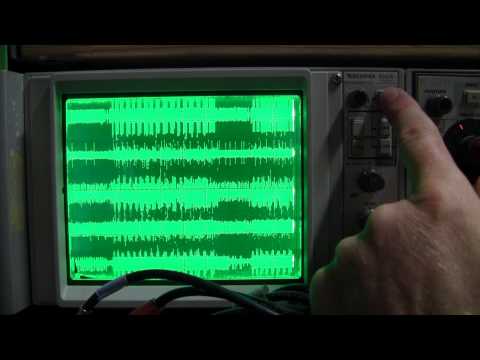UPDATE: I’m still not completely sure I understood Churchland accurately, but there are comments suggesting I may just have completely misunderstood her replies to the interviewer. Read the interview and judge for yourself!
I really like Patricia Churchland. I’ve read some of her articles, know a little about her conceptual framework of ‘neurophilosophy’, really enjoyed her recent interview with Kerri Smith on Neuropod and so on. I feel that we agree on pretty much anything and I think I’d like her book she’s promoting in recent interviews, if I were to read it. But this morning a read a statement from her, which I found very hard to understand. The statement appears in an interview for the New Scientist, re-published on Slate: After she states that it’s causal links all the way back to the big bang and nothing we do has any impact on that, she states:
If you are crippled by the thought that it is causality all the way back, you have essentially made a decision to make no decisions. That is very unwise. If by thinking that free will is an illusion you believe that it does not matter whether you acquire good habits or bad, hold false beliefs or true, or whether your evaluation of the consequences of an option is accurate or not, then you are highly likely to make a right mess of your life.
Apart from the slight non-sequitur of first saying what we decide makes no difference whatsoever as it’s all determined anyway and then turning around and warn of the consequences bad decisions can have, what I find particularly surprising is that she apparently doesn’t find it troubling at all to tell people to completely ignore that science she thinks tells them to quit worrying about the consequences of their actions. I could paraphrase her sentence above “It’s very unwise to let your life be crippled by pesky scientific facts!” In her words, taking science at face value and derive a self-consistent world-view from scientific data amounts to “metaphysical goofiness”. Do I understand her correctly that we should simply make up our own world and behave in it as we see fit, scientific evidence be damned? Or, more sinister, only reference scientific evidence if it suits your world-view and if it contradicts it, it’s ok to ignore it?
Now, given the scientific evidence, there is no justification for a belief in determinism anyway. In that respect, determinism is like a religion: scarce evidence, if any, but many adherents nonetheless. As such, there really is no need to embrace non-sequiturs or to ignore scientific evidence: science leaves us plenty of elbow-room to allow for a scientific concept of free will (recent article pretty much along the same lines). It is thus very surprising that Churchland not only doesn’t follow the evidence on determinism, but moreover appears to suggest to ignore evidence if it doesn’t correspond with the way we’d like to live.
I’m not quite sure what to make of all that.













Should you, personally, believe in free will?
If everything is causal, then you can not really “choose” whether to believe in it or not, and so the question is void. Stop worrying already.
If however free will exists, then the answer is trivial, as you know the correct answer. You have to believe in free will (as by assumption it exists).
0*x + 1*1 = 1
Ergo: For all practical reasons, you should believe in free will.